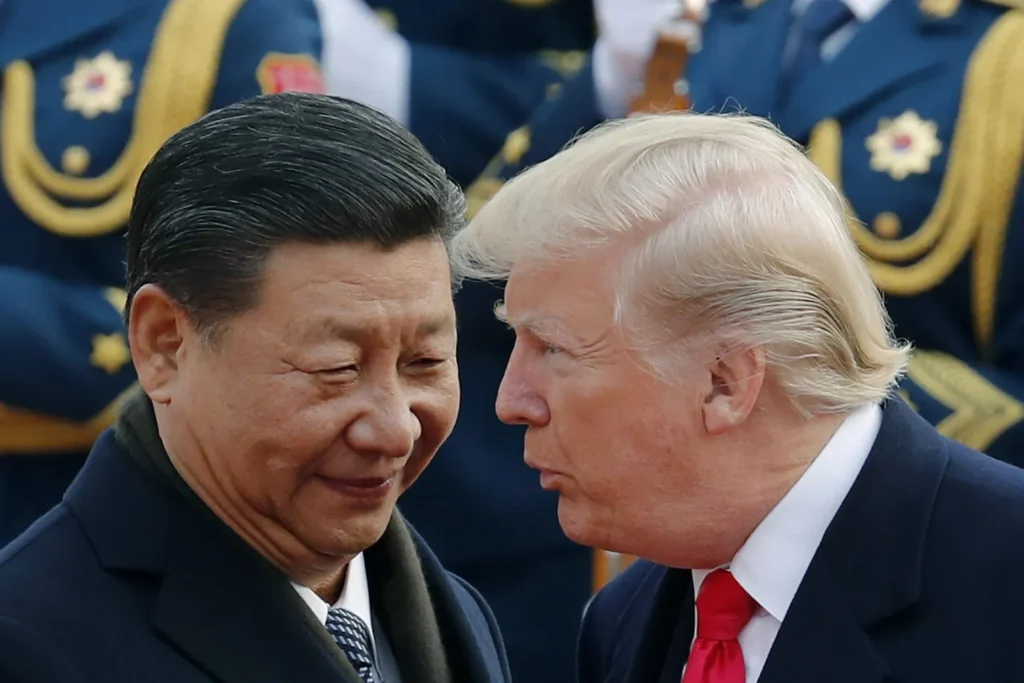
Escalation in US-China Trade Tensions
The trade conflict between the United States and China has intensified, with the White House announcing that Chinese imports could now be subject to tariffs as high as 245%. This development follows China’s retaliatory measures against previous US tariffs, marking a significant escalation in the ongoing trade war between the world’s two largest economies.
Details of the New Tariff Measures
Until now, the US had imposed a 145% tariff on Chinese goods, while China had responded with a 125% duty on American products. The recent announcement from the White House suggests that the total tariff on Chinese imports could reach up to 245%, though the specifics of this increase remain somewhat unclear. It appears that this figure represents the cumulative effect of various tariffs imposed under different trade measures.
US National Security Concerns
The new tariffs are part of a broader strategy by the US to address national security risks associated with its reliance on imported critical minerals, such as cobalt, lithium, nickel, and rare-earth metals used in battery manufacturing. President Donald Trump authorized an investigation into these dependencies, highlighting concerns over potential supply chain vulnerabilities that could impact national security.
China’s Economic Performance Amid Tariff Pressures
Despite the escalating trade tensions, China reported a better-than-expected economic performance in the first quarter of 2025. The country’s economy grew by 5.4%, with industrial output increasing by 6.5% and retail sales rising by 4.6% year-on-year. However, Chinese officials acknowledged that the global economic environment is becoming more complex and severe, indicating the challenges posed by the ongoing trade disputes.
China’s Response to US Tariff Actions
In response to the US’s tariff hikes, Chinese officials have expressed strong opposition, describing the measures as “blackmail” and urging the US to engage in dialogue based on equality, respect, and mutual benefit. China has also warned of potential countermeasures to protect its rights and interests, signalling a continued commitment to defending its economic position in the face of US trade policies.
Implications for Global Trade
The escalating tariffs between the US and China have significant implications for global trade. The imposition of such high duties on imports can disrupt supply chains, increase costs for consumers, and create uncertainty in international markets. The situation underscores the challenges of navigating trade relations in an increasingly protectionist global environment.
The Path Forward
As the trade war between the US and China continues to unfold, the path forward remains uncertain. Both nations have indicated a willingness to negotiate, but the terms and conditions of any potential agreements are yet to be determined. The international community watches closely, as the outcome of this trade dispute could have far-reaching effects on global economic stability and trade practices.
Conclusion
The recent escalation in US-China trade tensions, marked by the potential for tariffs up to 245% on Chinese imports, reflects the deepening complexities of international trade relations. As both countries navigate these challenges, the global community remains attentive to the developments that will shape the future of global commerce and economic cooperation.




































Leave a Reply